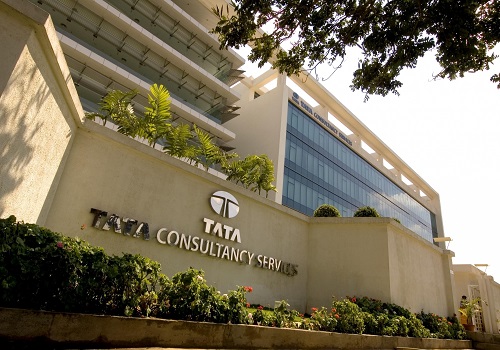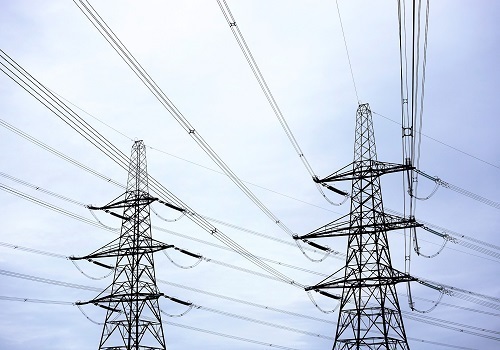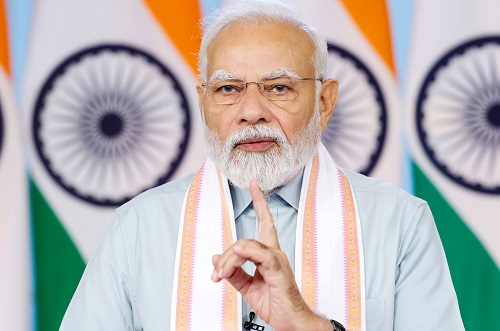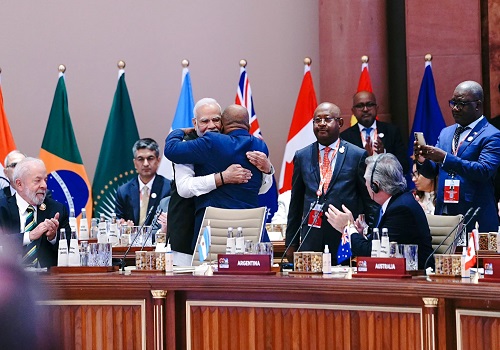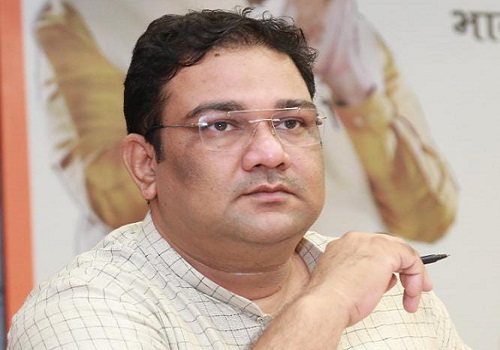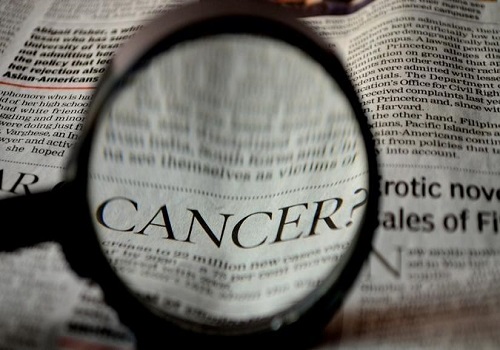Homophobic name-calling can affect mental health: Study
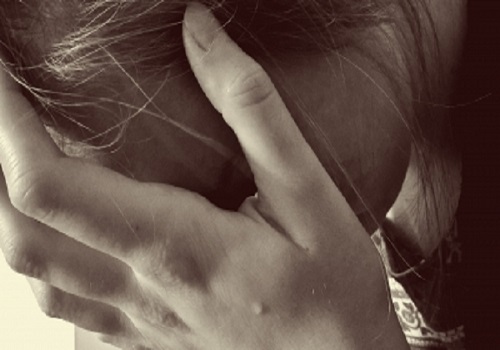
Homophobic name-calling among teenagers, whether friendly teasing or traumatic bullying, can have damaging impact on mental health, according to a study.
Dr Kai Lin, a sociologist and criminologist from the University of Technology Sydney (UTS), said there was a belief that homophobic name-calling, particularly “teasing” among friends, was relatively harmless, however the study findings show that is not the case.
“Those who experienced homophobic name-calling, regardless of intention, reported a range of negative psychological and behavioural outcomes,” Dr Lin said. “These included depressive symptoms and a decreased sense of belonging at school.”
More than 44 per cent of teenagers in the study reported being called names such as “homo” or “gay” over the previous month. Around 17 per cent of homophobic name-calling was from a friend, and while this was not as damaging as from a rival or stranger, it still had an impact on mental health.
The data was drawn from a large sample of students in 36 midwestern middle schools in the US, with the results
The study, recently published in the Journal of School Violence, showed that boys who are seen as ‘unmasculine’, regardless of their sexual orientation, were more often the target of homophobic name-calling. However, the mental health impact of homophobic name-calling was found stronger for girls than for boys.
“This suggests that while homophobic name-calling may be more common among boys, girls may be more vulnerable to this type of victimisation,” Dr Lin said.
“We also found adverse mental health impacts were more pronounced among racial and ethnic minorities,” he added.
The study has important implications for bullying prevention and intervention practice and policy making, and recommended charting anti-bullying policies at the school and school-district level, educating teachers, and developing interventions involving communication.
Dr Lin warned that leaving the socialisation of youth primarily to social media platforms could exacerbate homophobic bullying and antisocial behaviour and emphasises the need for educators to develop strategies that encourage prosocial behaviour.


